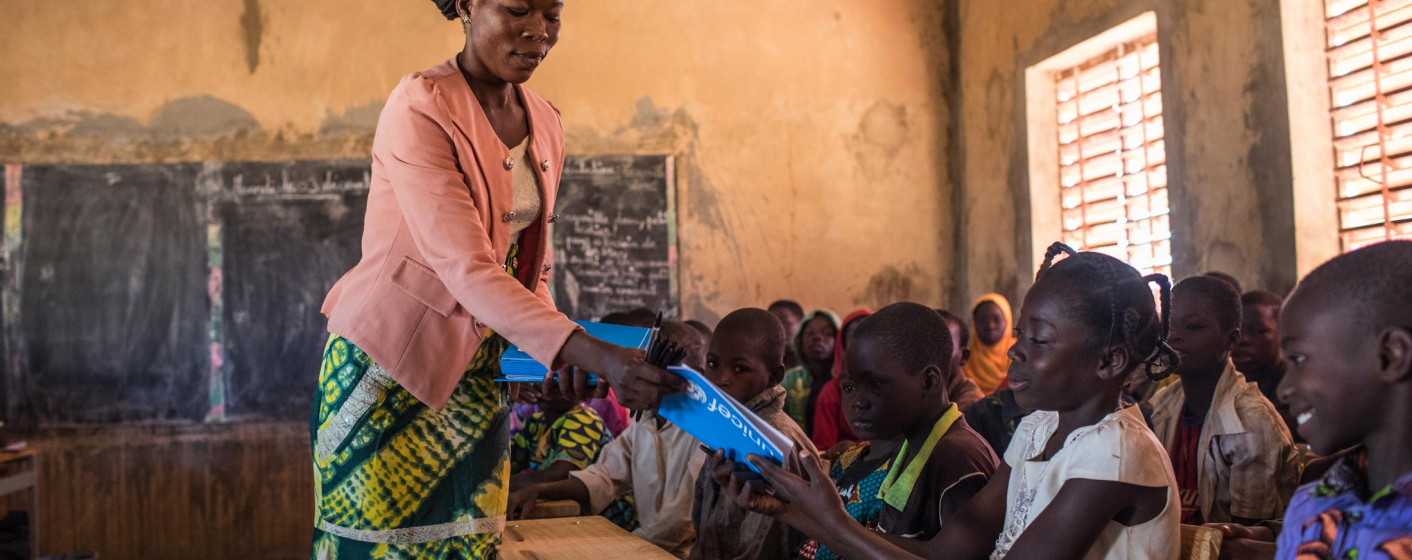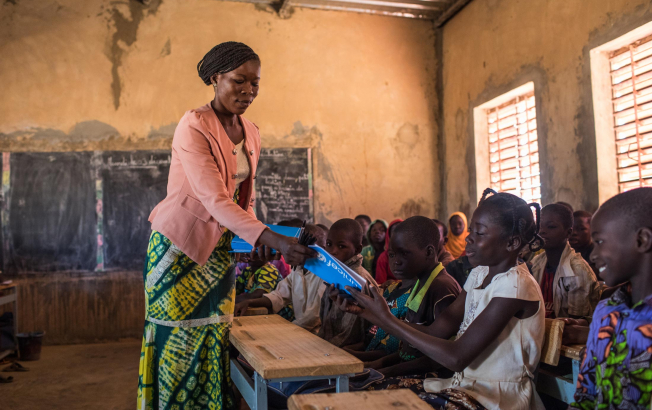Planning, monitoring-evaluation and capitalisation methods to be rethought
Instability does not make things any easier, but it is not the only difficulty: the lack of exchange and coordination between the levels of intervention also hampers the machine.
"The elaboration of Annual Work Plans (AWPs) or Three-Year Development Plans (TDPs) requires a common vision of all actors at all levels. These comments by actors met during the diagnostic phase illustrate one of the pitfalls facing the system: its poor capacity to bring the different levels of action into dialogue and to learn from the experience of the actors.
Bodies for dialogue on the implementation of education policy do exist, but their use to build a common vision and understanding is illusory. The lack of resources, or sometimes of capacity or motivation, turns them into mere recipients of an injunction from above. Thus, certain strategies, although well thought out at central level (such as the remedial policy), fail to be implemented, as the actors we met pointed out: "The lack of exchanges between the different structures of the administration at the deconcentrated level is one of the major causes of pupils repeating a year.
The monitoring and evaluation of actions is degraded by the profusion of tools offered to actors. Not enough time to fill in the many tools, lack of training to use them or a feeling of uselessness... these are some of the main ingredients of a low motivation of the actors to produce reliable data, which would allow a readjustment of the action.
Thus, most of the large-scale actions put in place (particularly in terms of teacher training) have not been subject to in-depth evaluation or follow-up in the medium term, making it impossible to adapt the support or tools proposed on the basis of feedback.


